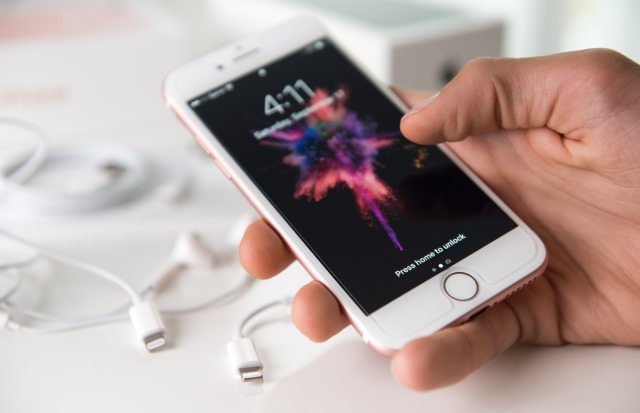
Qualcomm pursues iPhone ban in US
We've known for a few months that Qualcomm is interested in banning iPhone imports in US, and now the company is making its intention official by filing a patent infringement complaint with the International Trade Commission (ITC).
Qualcomm claims that Apple infringes at least one of six patents that it has on "key technologies that enable important features and functions in iPhones," which is why it has requested the ITC to investigate the matter and "ultimately [...] bar importation" of those devices.

How the iPhone transformed visual communication
Last week we celebrated the 10th anniversary of the first iPhone. Now, if Apple sticks to it usual schedule, we will all be anxiously awaiting the newest iPhone debut for the next 2 months.
It’s hard to imagine a world without iPhones. Today, most people wouldn’t even consider leaving home without it. Apple’s impact on the world we live in spans far beyond telecommunications. Over the past decade, the iPhone has grown to become Apple's biggest moneymaker and its influence on human behavior and interaction continues to inhabit our everyday life.

Facebook's Find Wi-Fi rolls out to Android and iPhone users around the world
Modern takes on Maslow's hierarchy of needs (jokingly) refer to a wireless internet connection as being a necessity. While Wi-Fi may not be -- in the strictest sense of the word -- necessary, it's certainly true that it has become the prey that we now hunt for.
To make the search a little easier, Facebook is now rolling out its Find Wi-Fi tool globally. What previously started as a small-scale test is now available around the world for Android and iPhone users, so anyone looking to minimize data usage will be able to find an easy way online.

The iPhone is 10 years old -- and so are my horrible predictions about it
On this day in history, all the way back in 2007, a device that not only revolutionized an industry but changed the way everyone thought about all industries, was unleashed on the world.
Okay, okay, before I go any further, I know what you're thinking. "Oh, great, another one of those flowery, rose-colored articles about the nostalgia of all things Apple and how the iPhone changed cell phones forever. Kill me now." No, that's not what this is. It's a much broader reflection of how the landscape has changed around media, consumer culture, and communications of all forms, and the fact that mobile technology has been there every step of the way.

The original iPhone was considered a high-end feature phone, not a smartphone
It may seem strange now, but when the iPhone originally launched (10 years today, as if you didn’t already know by now), it wasn’t viewed as a smartphone in some quarters because of restrictions placed on the device by Apple.
Wireless industry analyst firm ABI Research’s definition of a smartphone was "a cellular handset using an open, commercial operating system that supports third-party applications", but Apple at that time was blocking third-party apps from the iPhone.

10 years ago today the iPhone went on sale and changed everything -- so why didn't I want one?
On January 9, 2007, Steve Jobs introduced the iPhone at the Macworld Conference and Expo in San Francisco. It was the usual quality presentation from Apple’s sorely missed boss, with some great moments of humor. Our first glimpse of the phone was in fact actually a mock-up of an iPod with a rotary dial in place of the usual click wheel. The audience clapped and hooted. Jobs then went on to show the real device, and it was pretty mind-blowing.
Here was a phone that looked nothing like a phone. It looked nothing like an iPod, for that matter either. It was pretty much all screen, controlled by touch using your finger -- or fingers, thanks to the power of multi-touch -- and was, according to Jobs, powered by OS X. The device could tell if you were holding it portrait or landscape, and knew when you were holding it up to your ear, and so prevent you prematurely ending a call with the side of your face. It came with a 620MHz processor, 128MB of memory and a 2MP camera. It was a magical device. This was the future, being shown right here. A device to be coveted by all. But I didn’t want one.

This is what people thought about the first iPhone
The original iPhone went on sale ten years ago today, and in celebration I’ve been trawling through the BetaNews archives. Sadly we didn’t review the first iPhone, but we did gather together some of the best press and user comments following the device’s announcement, and they are amusing to say the least.
Below is the original story written by Ed Oswald, and underneath that are some of the best reader responses to it. Knowing what we know now, I think you’ll find it entertaining.

The original iPhone launch in pictures
When the original iPhone went on sale ten years ago today, there was a lot of excitement, and people queued up outside of Apple stores to get their hands on what was to be a game-changing device.
Trawling through the BetaNews archives I found two examples that best illustrate the excitement at the time, including a very illuminating first hand report from Tim Conneally. First up is a selection of photos from iPhone launches across the US.
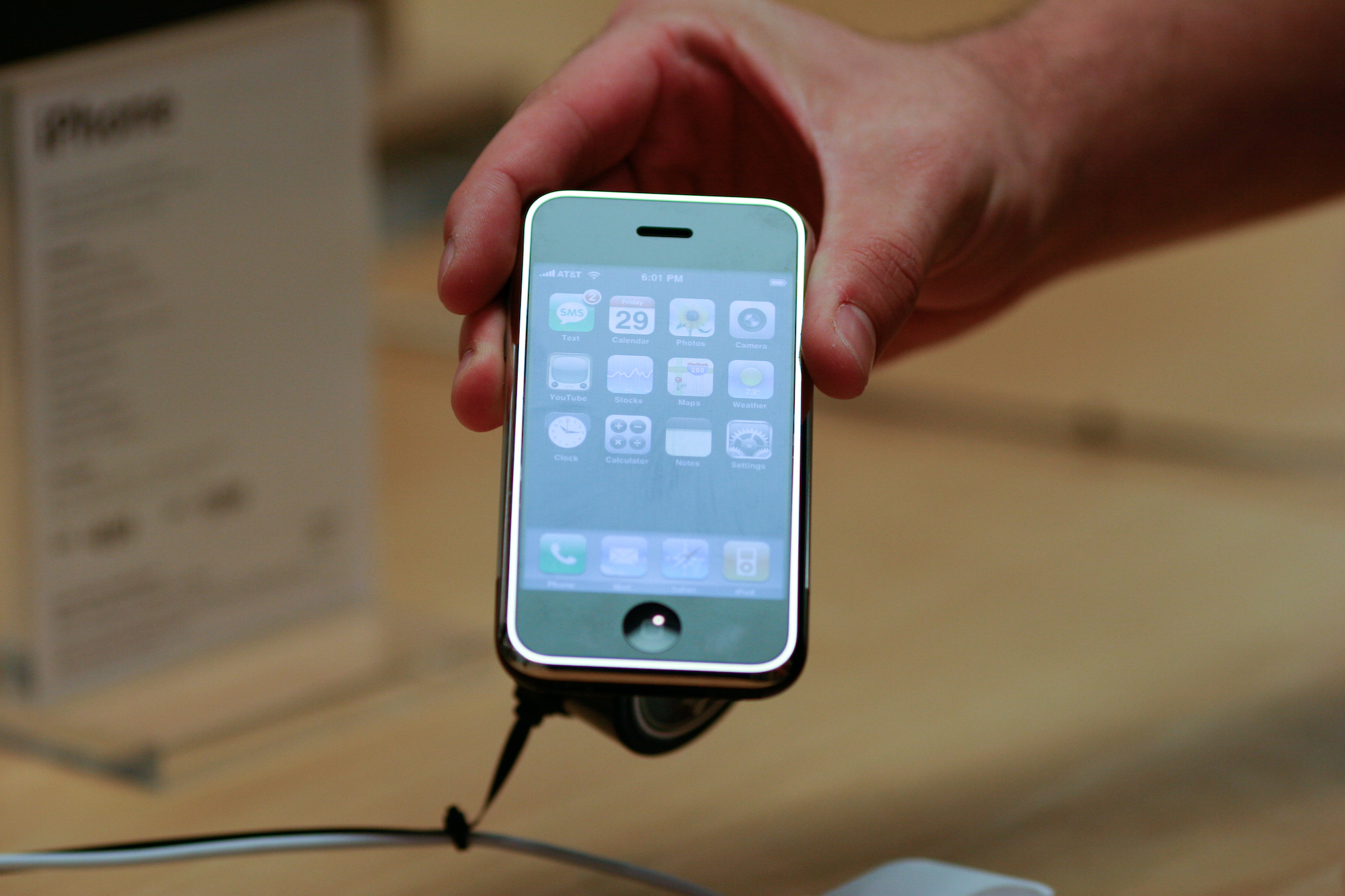
The iPhone Legacy
Steve was right, and I don't refer to Apple cofounder Jobs, but to an iPhone buyer I met 10 years ago today. He was among the eclectic group of people waiting outside Apple Store Montgomery Mall to spend $499 or $599 on the fruit logo company's first smartphone. The amount was outrageous at the time for a locked, unsubsidized handset. "I think this is a day that you’re going to see a change in how computers, how handheld computers are done", he told me. "I think we’ll look back in 10 or 15 years, and like on that day the gadget came out...it changed the game". Could anyone realistically disagree a decade later?
But you had to be a believer in June 2007, with iPhone launching on a single carrier (newly rebranded AT&T) in a single geography (USA) from a company with no cellular device experience going against hugely established competitors—with Nokia, the smartphone's inventor, standing atop the heap. By every sensible measure imaginable, Jobs and his team took nothing but risks, making Steve the customer's prediction all the more remarkable.
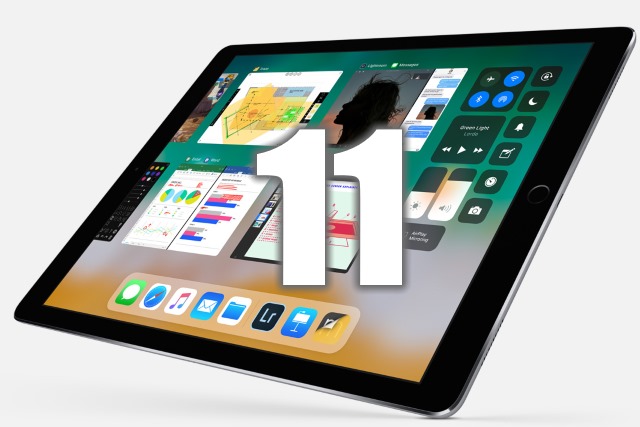
Public iOS 11 beta now available -- here's how to get it
Just a few weeks ago, Apple revealed iOS 11 at WWDC 2017. While a few things have been taken away in this version of the operating system, plenty have been added, and this is being seen as one of the most significant upgrades for iPhone and iPad owners.
iOS 11 will be an important aspect of the upcoming iPhone 8, but it's also going to be a substantial update for anyone with an iPhone 5s or newer, or a supported iPad. We've already seen a developer preview released, but now there's an official public beta of iOS 11, and you can install it right now.

Imagination Technologies is up for sale after being ditched by Apple
Back in April, Imagination Technologies revealed that it had been dropped by Apple and would therefore no longer be supplying GPU chips for use in iPhones, iPads and other products. Now, having lost 70 percent of its value, the UK company is putting itself up for sale.
Shares in Imagination fell dramatically after Apple ditched it, but news of the sale led to a jump of 21 percent. The company is valued at around £425 million ($538 million) and the announcement comes after several parties expressed interest in an acquisition of Imagination Technologies Group plc in its entirety.

Virgin Mobile USA becomes iPhone-exclusive carrier, offers a year of unlimited service for $1
Goodness gracious, Virgin Mobile USA has made quite the bold moves today. The cellular service provider has become the world's first iPhone-exclusive carrier. In other words, it will no longer offer Android at all. Crazy, right? This is through a partnership with Apple, and Virgin will offer many versions of the device, including iPhone 6, 6S, 7, and SE.
The craziness doesn't stop there, however, as there is even something much more exciting -- Virgin Mobile USA is offering unlimited talk, text and data for a dollar. No, that is not a typo -- a single buck will get you unlimited everything for up to a year! This is through a new scheme called "Inner Circle."
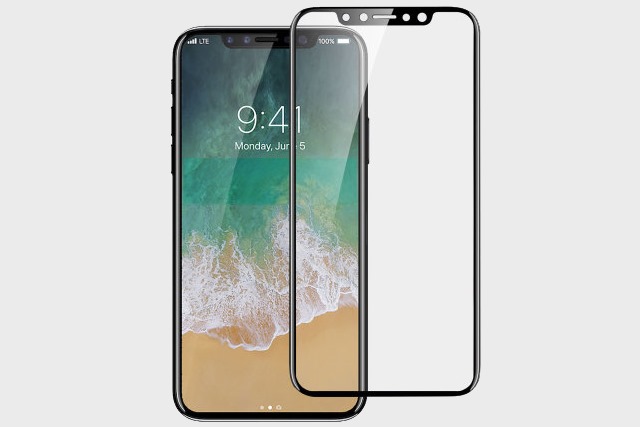
Screen protector listing shows what the iPhone 8 will look like
The launch of the iPhone 8 is still some way off but -- as with just about every smartphone of note (we're looking at you, OnePlus 5) -- lots of details have slipped out ahead of any official announcement. The latest leak "confirms" what we've long expected: that there's a quite significant redesign coming up.
We have already heard rumors that the iPhone will be near-bezel-less, and we've seen supposed production-line images that show off the front and rear panels. The front panel images showed a weird cut-out at the top of the phone and a new listing on accessory website MobileFun for an "Olixar iPhone 8 Full Cover Tempered Glass Screen Protector" appears to back this up.
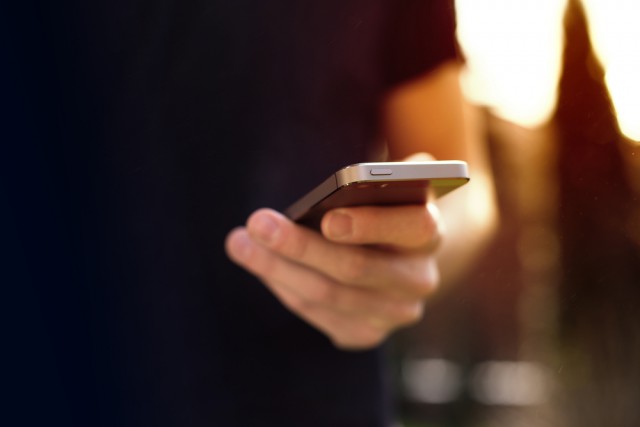
Apple introduces Wi-Fi sharing in iOS 11
There are lots of new features in iOS 11 that will make the operating system more usable on iPhones and iPads. Apple has not previewed all of them at WWDC 2017 though, with one of the lesser-known additions being Wi-Fi sharing.
Normally, when you have guests who want to use your Wi-Fi you have to tell them the password so they can connect to the network. However, for iOS 11 users, the Wi-Fi sharing functionality removes this step from the process, letting you wirelessly send the password to their iPhones and iPads. How does it work?

iOS 11 will not support iPhone 5, iPhone 5c and 4th-gen iPad
It looks like iOS 11 will be a great upgrade for iPhone and iPad users, but not everyone will be able to join the party. As usual, Apple has dropped support for older -- yet still popular -- devices, and this time around two iPhones and an iPad are getting the axe.
As you might expect, the devices in question are the oldest iPhones and iPads that can run iOS 10, namely the iPhone 5, iPhone 5c and 4th-generation iPad. All the 32-bit devices, and the last to debut with a 32-bit processor, which means that iOS 11 will be a 64-bit-only affair.
